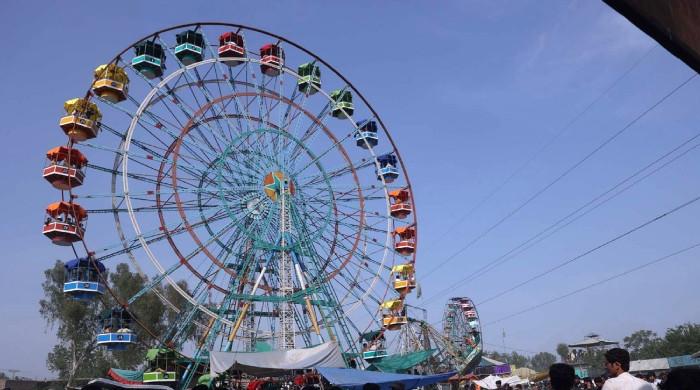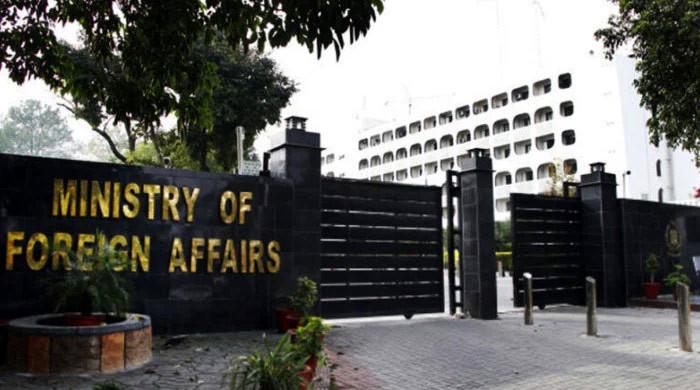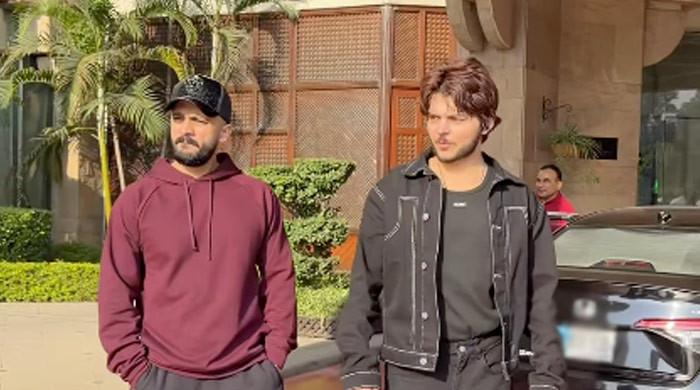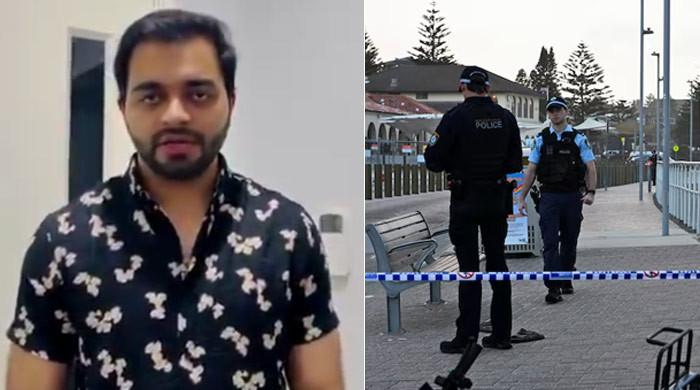The where, when and what of Avenfield reference
The case saw large amounts of data, 16,000 pages, presented in the accountability court of Judge Mohammad Bashir with around 600 hours of arguments presented
July 07, 2018
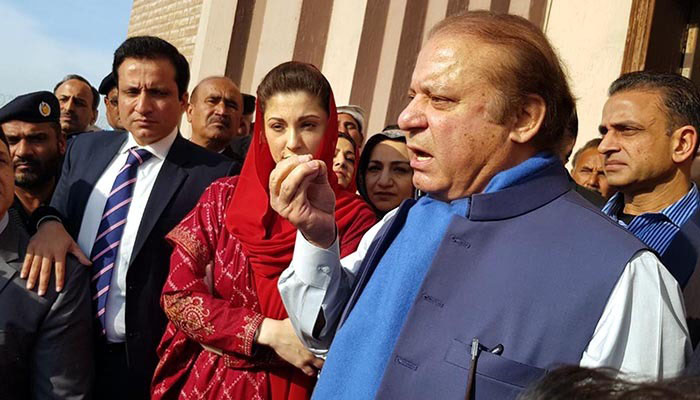
The 10 hour-long wait came to an end at the accountability court in Islamabad on Friday with the sentencing of former prime minister Nawaz Sharif, daughter Maryam Nawaz and son-in-law Captain (retd) Safdar in the Avenfield reference.
“Trial court convicted Nawaz Sharif and Maryam Nawaz--orders to put Nawaz ten years and Maryam for seven years in jail—it’s a victory for us [NAB],” announced the chief prosecutor of the corruption watchdog at 4:29pm.
Following the verdict by the accountability, Maryam Nawaz and Captain (retd) Safdar will not be allowed to contest elections, while Nawaz Sharif has already been disqualified for life.
Reporters were not allowed inside the accountability court when the judgement was being read with no one knowing the reason why. Hundreds of people including members of the media who were kept waiting to hear the judgement did not see any top tier leadership of the Pakistan Muslim League-Nawaz (PML-N) outside the trial court.
“The conviction of Nawaz Sharif and his daughter is expected to have a deep impact on the outcome of the election but it is not immediately clear whether the PML-N would be losing ground or if it would benefit from a sympathy wave,” said a local lawyer.
It took things more than two years to unfold since the Panama Papers leaks in April 2016. It all started when Sharifs’ were named in Panama Papers by an international firm based in the country. Soon after, the Supreme Court of Pakistan was approached in the third week of April 2016 and then disqualified then Prime Minister Nawaz Sharif on July 28, 2018. The apex court via National Accountability Court (NAB) sent the Sharif family’s case to the accountability court for further probe into their alleged embezzlement. The 298-day Avenfield Flats case had its final judgment on July 6,2018.
The case saw large amounts of data, 16,000 pages, presented in the accountability court of Judge Mohammad Bashir with around 600 hours of arguments presented by the lawyers of the accused as well as the NAB prosecutors and 18 witnesses during the duration of the case.
Judge Mohammad Bashir had been conducting proceedings since 8 September last year when NAB filed three corruption references against the Sharif family and one against then-finance minister Ishaq Dar in light of the apex court's verdict in the Panama Papers case.
The accountability court conducted 107 hearings while the SC took over 273 days with the judges spending 150 hours in 50 hearings of the Panama case. Three of the total five accused made appearances before the trial while Nawaz Sharif’s sons Hassan Nawaz and Hussain Nawaz were declared absconders.
Former prime minister Nawaz Sharif appeared 78 times, Maryam Nawaz made 80 appearances while Captain Safdar appeared 92 times before the accountability court. Nawaz Sharif spent over 370 hours in the trial court and almost an equal time of time was spent by his daughter Maryam Nawaz Sharif in the same courtroom. Interestingly, all these five accused did not appear before the apex court in Panama Papers case. But the petitioners Pakistan Tehreek-e-Insaf Chairman Imran Khan, Awami Muslim League leader Sheikh Rashid and Jamaat-e-Islami Siraj-ul-Haq spent collectively over 100 hours in the apex court. Interestingly, both parties’ counsels, Naeem Bokhari and Makhdoom Ali Khan, in particular, took over 70 hours to conclude their arguments in Panama case. Imran Khan had attended 32 proceedings of the case, where he spent 93 hours in the courtroom I and II of the Supreme Court.
Accountability court judge recorded statements of 18 witnesses where Sharifs’ lead counsels Khawaja Haris and Amjad Pervez presented their case before the trial court. Wajid Zia, head of the Joint Investigation Team, and UK-based forensic expert Robert Radley were key characters in terms of witnesses.




